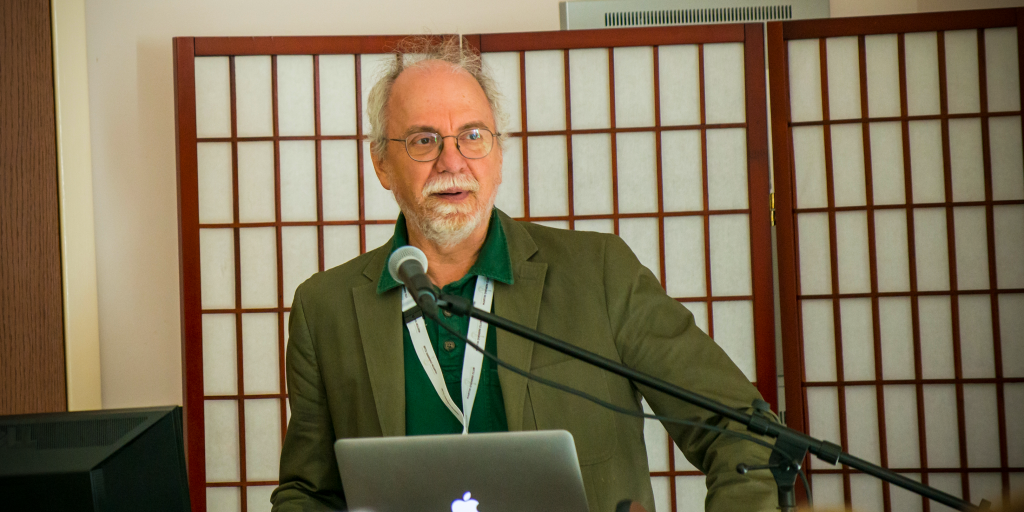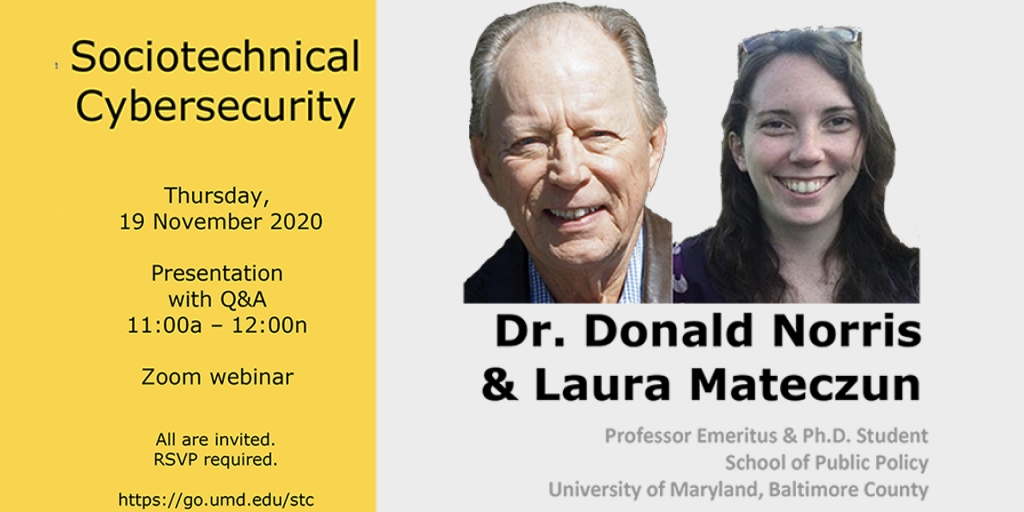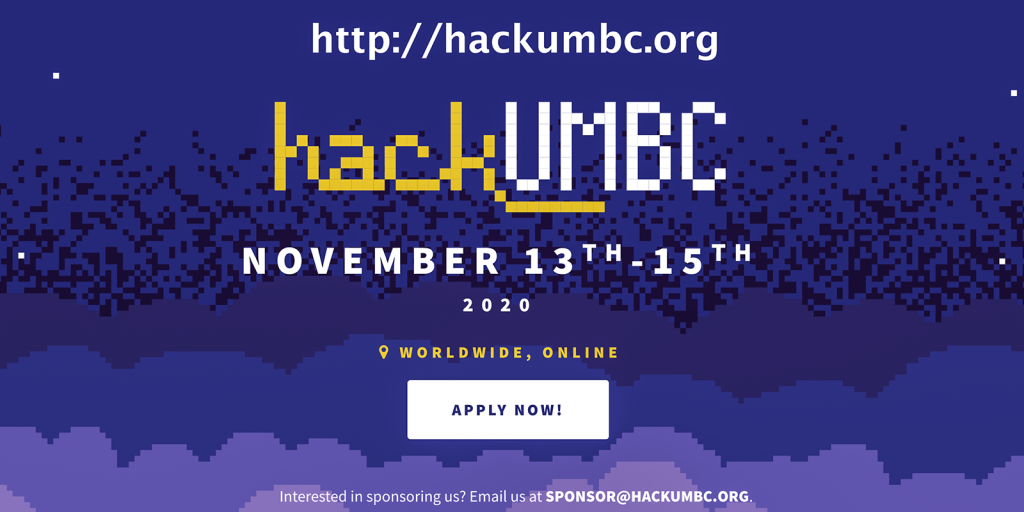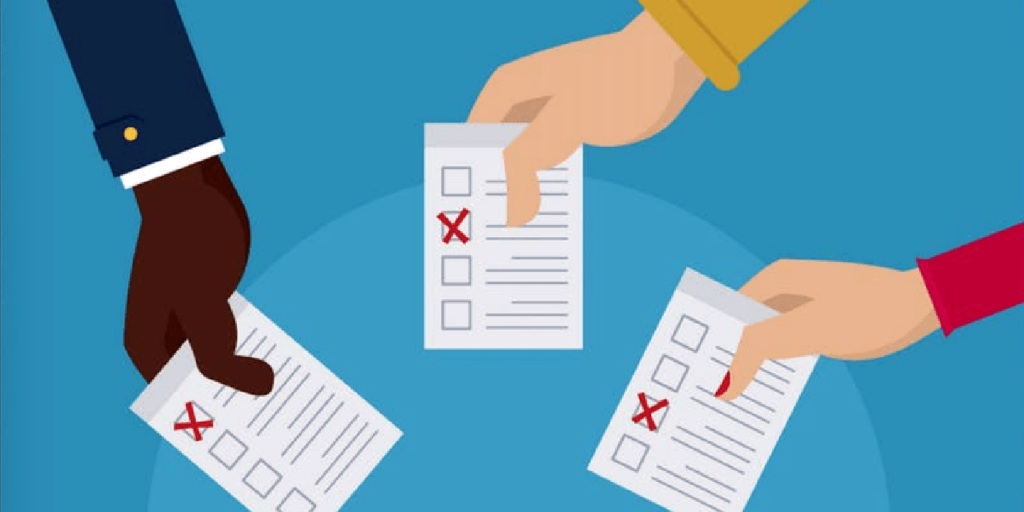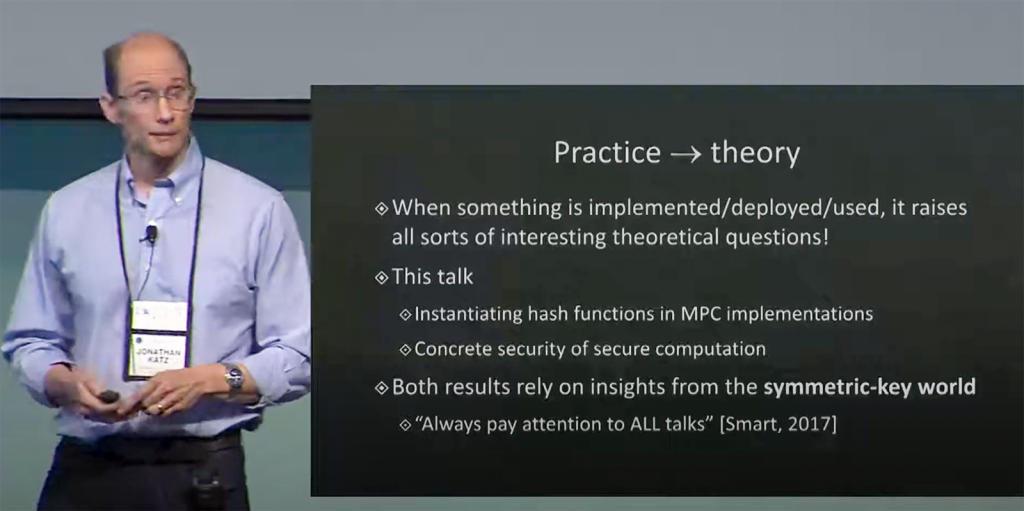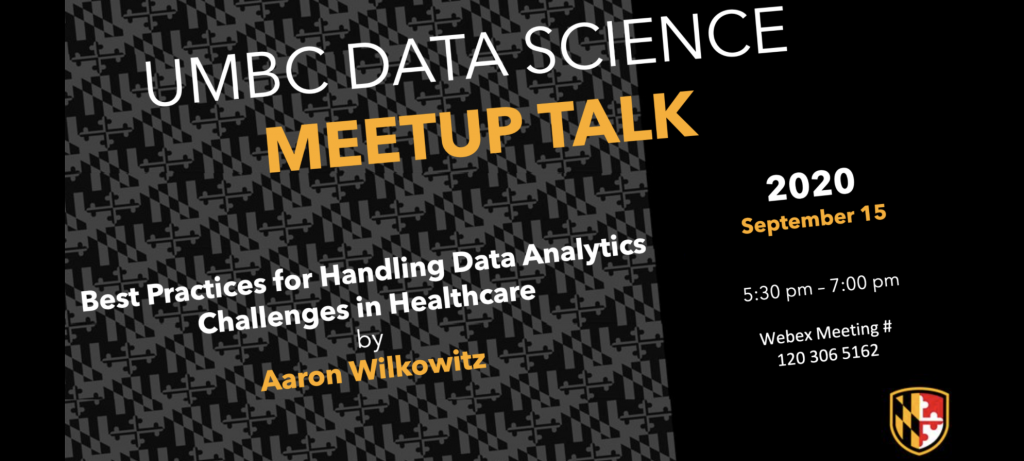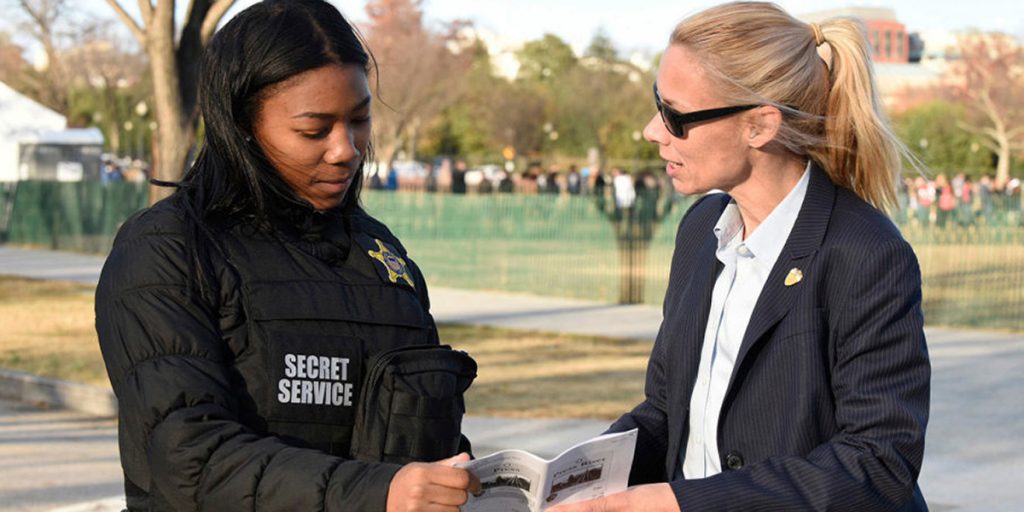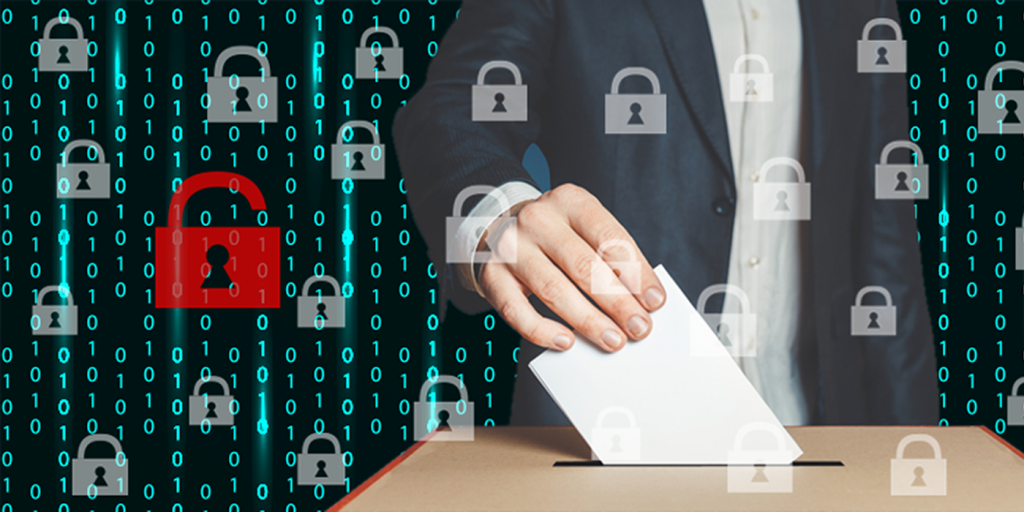
The UMBC Cyber Defense Lab presents
Intelligence Community Election Security 2020
David Imbordino
National Security Agency
12:00–1 pm, Friday, 11 December 2020
remote via Webex
NSA Election Security Lead, David Imbordino, will provide an overview of the U.S. intelligence community election security effort and how NSA fits into this whole of government effort. He will discuss the foreign cyber and influence threat landscape and NSA/U.S. Cyber Command’s joint approach to the election security mission to mitigate threats. This will include highlighting the evolution in NSA’s cybersecurity activities and partnerships with government partners and the broader ecosystem of industry and academia.
David Imbordino is a senior executive at the National Security Agency, currently serving as the NSA Election Security Lead. In this role, he is responsible for overseeing agency activities and partnerships in support of securing the 2020 U.S. elections. He has been with NSA for over 19 years, serving in various organizational, operational, and project leadership roles in areas such as counterterrorism, cybersecurity, counterintelligence, and computer network operations. He is a recipient of a Presidential Rank Award, as well as NSA’s Exceptional Civilian Service Award—the highest civilian award given by NSA.
Host: Alan T. Sherman, Support for this event was provided in part by the National Science Foundation under SFS grant DGE-1753681. The UMBC Cyber Defense Lab meets biweekly Fridays 12-1pm. All meetings are open to the public. Upcoming CDL Meetings: 12-1:30pm, Dec. 18, Presentations of the UMBC INSuRE research projects from fall 2020.
